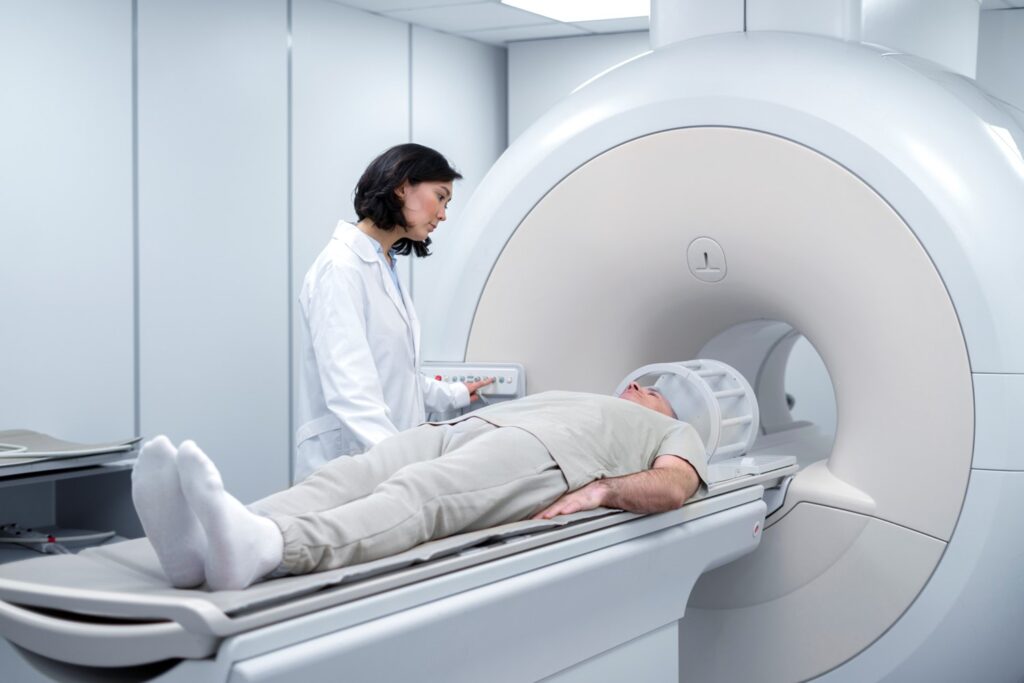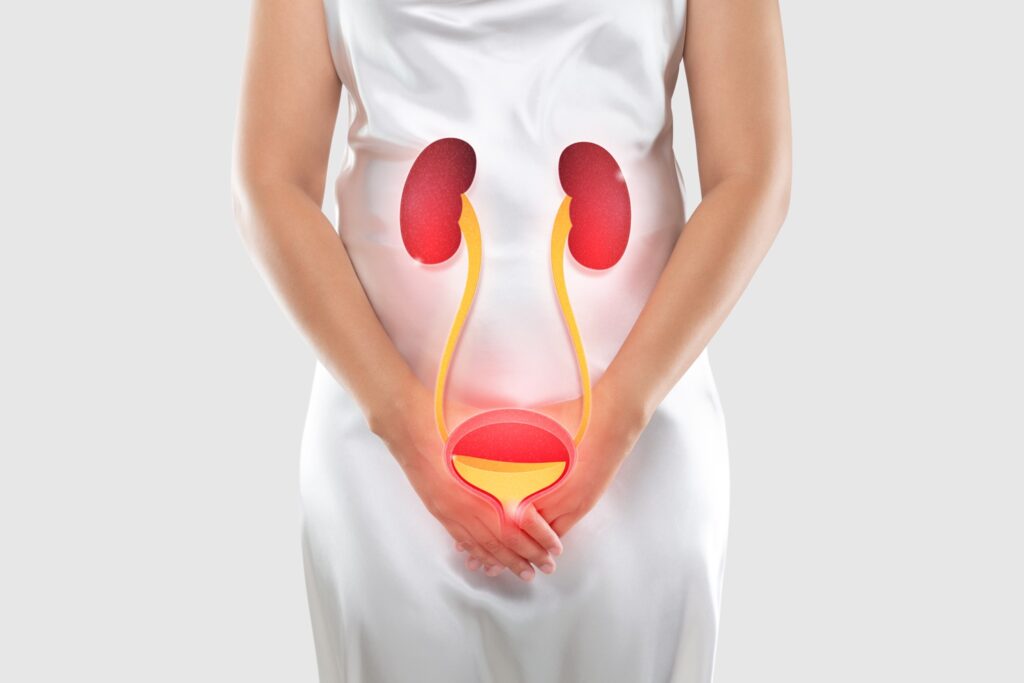What to Expect During and After Uterine Artery Embolization?

Uterine artery embolization (UAE) is a minimally invasive procedure used to treat conditions such as uterine fibroids by blocking the blood supply to the fibroids. Here is what patients can expect during and after the procedure: Preparation Consultation: Patients typically undergo a consultation with their doctor to discuss the procedure, its risks and benefits, and […]
Deciphering Thyroid Nodule Characteristics: Key Findings on Ultrasound

When evaluating thyroid nodules, ultrasound imaging plays a crucial role in providing detailed insights into their characteristics. Understanding the key findings on ultrasound can help patients and healthcare providers make informed decisions regarding further evaluation and management. In this guide, we will explore the essential characteristics of thyroid nodules as seen on ultrasound and what […]
All About Breast Ultrasound

A breast ultrasound is an imaging test to take detailed pictures of the inside of your breast. This painless procedure uses sound waves to help examine breast tissue and identify abnormalities. It can be especially useful for getting a closer look at areas that appeared unclear or abnormal on a mammogram. Why Might You Need […]
Uterine Artery Embolism: A Minimally Invasive Solution for Uterine Fibroids

Uterine fibroids, noncancerous growths in the uterus, affect many women, often causing symptoms like heavy menstrual bleeding, pelvic pain, and pressure. While fibroids can be treated through various methods, one increasingly popular and effective option is uterine artery embolism. Understanding Uterine Artery Embolism Uterine artery embolism is a minimally invasive medical procedure used to treat […]
CT KUB (Computed Tomography Kidneys, Ureters, and Bladder): A Comprehensive Overview

CT KUB, also known as Computed Tomography Kidneys, Ureters, and Bladder, is an advanced medical imaging technique that has revolutionized the diagnosis and evaluation of conditions affecting the urinary system. Using a combination of X-rays and computer processing, CT KUB provides detailed cross-sectional images of the kidneys, ureters, and bladder, enabling healthcare professionals to make […]
Demystifying Retrograde Urethrograms: A Closer Look at a Vital Diagnostic Tool

The world of modern medicine is filled with advanced diagnostic procedures that often go unnoticed by the public. One such procedure, the retrograde urethrogram (RUG), is a vital tool in the field of urology, used to diagnose and address a range of urinary tract issues. In this blog, we’ll delve into what a RUG is, […]
Fetal Reduction Demystified: Debunking Common Misconceptions

Myth: Fetal reduction is always recommended for all multiple pregnancies. Fact: Fetal reduction is a complex decision based on individual circumstances, risks, and medical considerations. Myth: Fetal reduction is unsafe and harmful. Fact: Fetal reduction is a medical procedure performed by skilled professionals to mitigate health risks and complications. Myth: Fetal reduction guarantees a problem-free pregnancy. Fact: While it reduces certain […]
Fetal Reduction: Navigating Choices for Safer Outcomes

In the realm of maternal-fetal medicine, the practice of fetal reduction stands as a nuanced and ethically complex procedure. This overview article delves into the key aspects of fetal reduction, shedding light on its purpose, methods, considerations, and impact on both medical and emotional fronts. Understanding Fetal Reduction: Fetal reduction, also known as selective reduction, is […]
Exploring the Diagnostic Power of Micturating Cystourethrography

When it comes to diagnosing and understanding urinary tract issues, medical imaging plays a pivotal role. One such imaging procedure that has been a valuable tool in the assessment of bladder and urethral conditions is Micturating Cystourethrography (MCU). This diagnostic technique offers invaluable insights into the structure and function of the urinary tract, making it […]
Hysterosalpingography (HSG) FAQs: Understanding Female Fertility Imaging

Hysterosalpingography (HSG) is a diagnostic procedure commonly used to assess the female reproductive system, specifically the uterus and fallopian tubes. It plays a crucial role in fertility evaluation, aiding in the identification of potential issues that may affect a woman’s ability to conceive. In this article, we address some frequently asked questions (FAQs) about HSG […]
